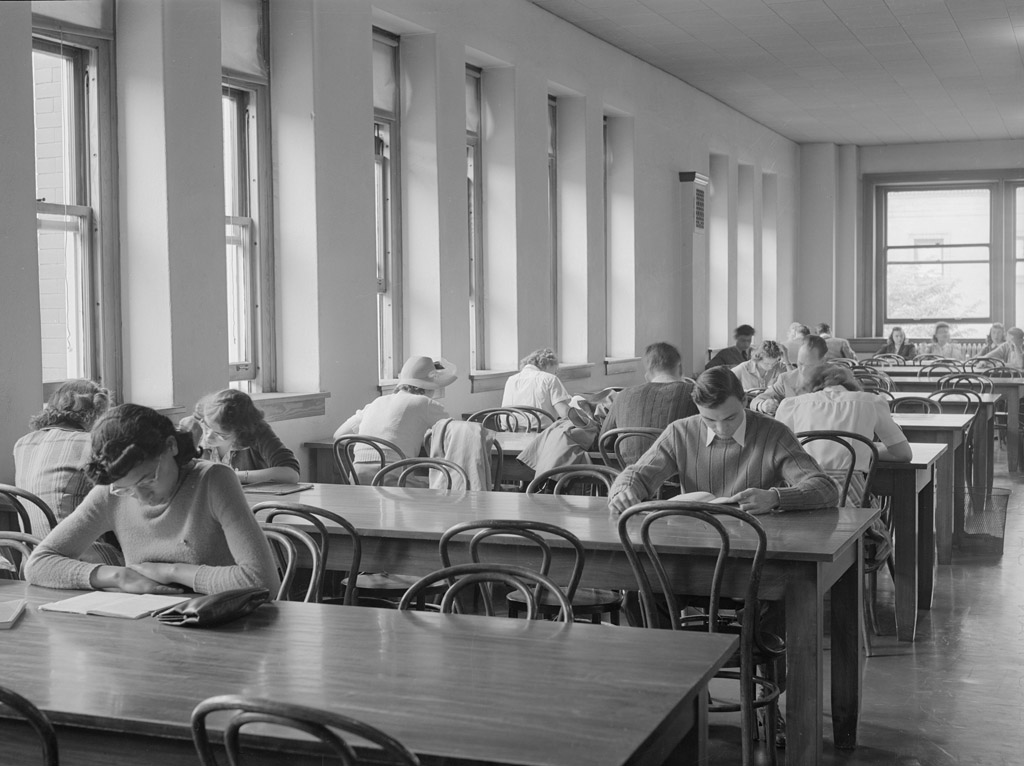Trying to understand and deal with the many subsets of people we encounter in school, work, and social interactions called for more imagination and effort and experience in life than I at first realized it would as a young man. I was beginning to learn that people are different, and interacting with all the differences is not always an easy and simple matter. In fact, the world itself was starting to look different to me from the world I knew as a high school teenager.
I began to realize that rights, beliefs, and behaviors were abridged by the many realities and complexities of the economic, social, and other structures shaping our lives in a country as broad and diverse as ours. The result was that I wanted to learn and understand why there were so many differences and how they affected all of us in our work and interactions with others, especially in a country as large, complex, and diverse as the United States.
What was becoming clear to me was that these many thoughts swirling around and developing in my head were not going to be fully rationalized by my experience in the Army. But I knew that at the end of my military service, I would need to find ways to learn to understand our world better than I did, and that my earlier focus on science was not the path to understanding. Thus, I planned to try to take college courses that would open up the world for me. In general, my less than 24 months in the Army was not particularly noteworthy. However, having volunteered for the Chemical Warfare Service, I earned/qualified for extra “points” for an early discharge. I was also lucky enough to have the G.I. Bill of Rights available, which eventually became my passport to gaining access to college.
The G.I. Bill allowed me to fund my personal quest to broaden my understanding of the world and what I should do in the pursuit of a college education, to be followed by meaningful work. Nonetheless, the G.I. Bill did not excuse me from having to take on one part-time job after another—from working as a bank teller to developing a profitable pet food delivery business with five young people doing the deliveries to our clients. Eventually, I would attend the University of Southern California before transferring to and graduating from University of California Los Angeles.
Prior to matriculating at a university as a full-time student, I spent some time in New York and took a few courses in philosophy at Columbia University, which I thought would be interesting and helpful, and which would allow me to spend some time with my family. But as a result of taking these courses, I was shocked to begin to understand the importance of how ethics related to behavior, social rights, and fairness in all dimensions of human affairs. It didn’t take long to realize, however, that there are many tensions in almost all aspects of life that develop as a result of the pull between the left and the right on politics, on social issues, and religion as well as on the rights and behaviors of citizens and their perceived or actual social standing and wealth. There were also biases based on religion and race, as well as a myriad of personal factors.
(Image is in the public domain)

